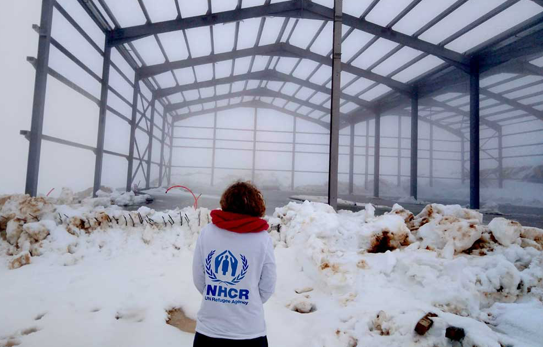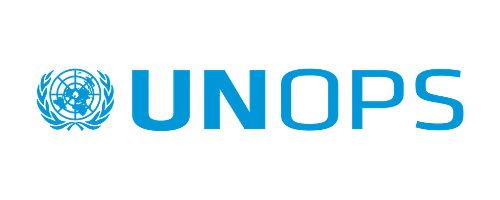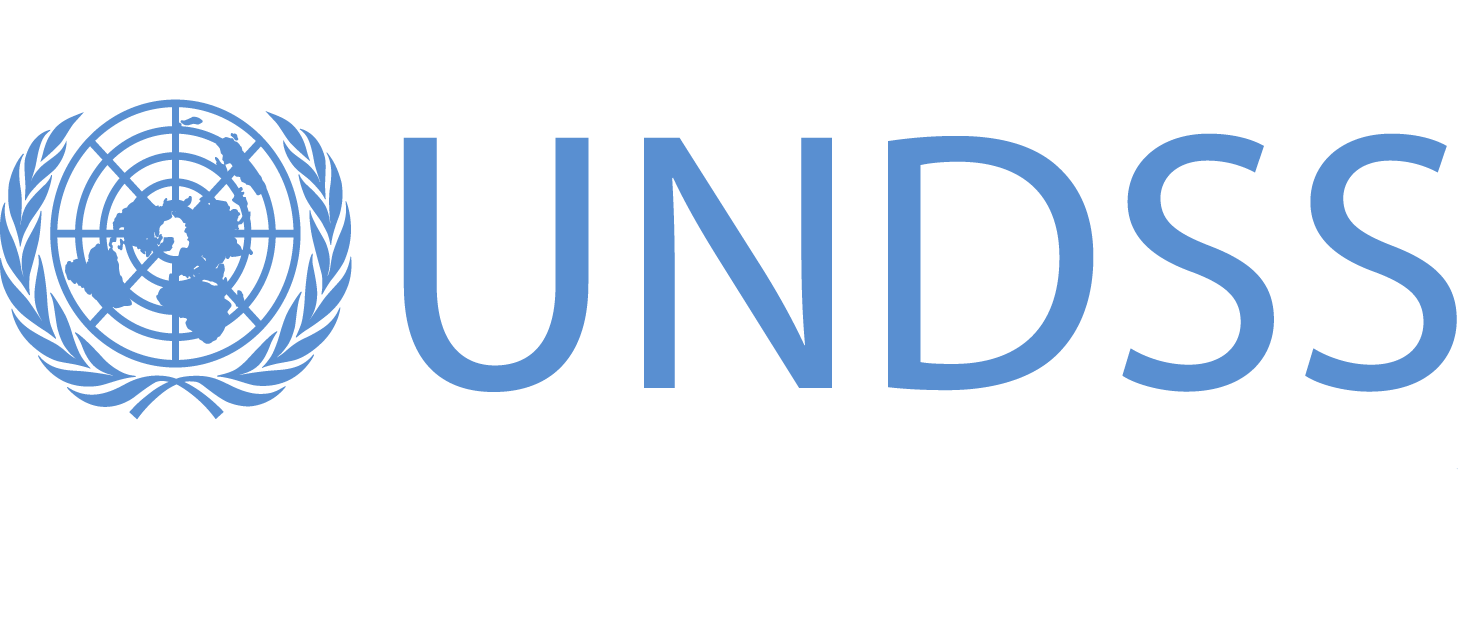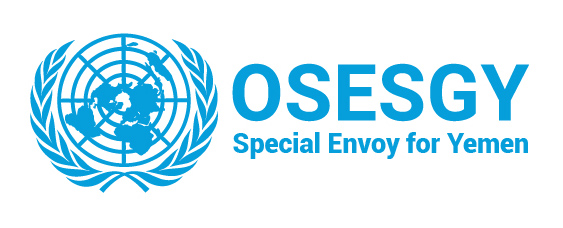
Sixteen United Nations offices, agencies, funds, related organisations and other entities call on RedR Australia to supply skilled personnel during global emergencies. By providing temporary surge capacity support, we help to boost their international response capacity.
We also provide personnel to support their efforts in affecting disaster risk reduction, emergency preparedness, recovery and stabilisation activities in disaster-prone countries.
As the only United Nations Standby Partner in the Asia Pacific, RedR Australia has formal agreements with the following organisations:


UNICEF works with others to overcome the obstacles that poverty, violence, disease and discrimination place in a child's path. The fund works in 190 countries and responds to emergencies to relieve suffering and protect children. It is present wherever children are threatened.

OCHA ensures there is a framework within which each actor can contribute to the overall response effort during emergencies and coordinates the response. It is involved in assessing situations and needs, agreeing common priorities, developing common strategies to address issues such as negotiating access, mobilising funding and other resources, clarifying consistent public messaging and monitoring progress.

UNFPA focuses on family planning and women's reproductive and maternal health. UNFPA works closely with governments, UN agencies, community-based organisations and other partners to ensure that reproductive health is integrated into emergency responses and action is taken to prevent gender-based violence.

UNHCR coordinates international action to protect refugees and resolve refugee problems worldwide, and supports stateless people. It operates in 123 countries. UNHCR also protects and assists millions of internally displaced people (IDP) who remain within their own countries but were displaced by conflict or natural disaster. In these circumstances, the agency takes the lead role in overseeing the protection and shelter needs of IDPs as well as the coordination and management of camps.

WHO coordinates international health activity within the United Nations' system and works towards universal health coverage to ensure general access to health. During emergencies, WHO's operational role includes leading and coordinating the health response, undertaking risk assessments, identifying priorities and setting strategies. It also provides critical technical guidance supplies and financial resources and monitors the health situation. In addition, WHO helps countries to strengthen their national core capacities for emergency risk management to prevent, prepare for, respond to, and recover from emergencies due to any hazard that poses a threat to human health security.

WFP is the world's largest humanitarian agency fighting hunger worldwide. On average, WFP's food assistance reaches more than 80 million people in 75 countries each year. In emergencies, WFP gets food to where it is needed, saving the lives of victims of war, civil conflict and natural disasters. After the cause of an emergency has passed, the agency uses food to help communities rebuild their shattered lives. It collaborates closely with Food and Agriculture Organisation (FAO).

UN Women is the United Nations entity dedicated to gender equality and the empowerment of women. The organisation established a humanitarian unit in 2012 that focuses on achieving equality between women and men as partners and beneficiaries of humanitarian action. The organisation plays a key role in supporting the coordination and accountability efforts of humanitarian providers during emergencies.

FAO focuses its efforts on achieving food security for all - to make sure people have regular access to enough high-quality food to lead active healthy lives. The organization works towards the eradication of hunger, food insecurity and malnutrition and the elimination of poverty. When disasters strike, the FAO seeks to ensure agricultural production recovers and future food security is ensured.

UNDP works in 170 countries and territories, helping to eradicate poverty and reduce inequalities and exclusion. In a crisis context, UNDP’s seeks to support immediate relief efforts while helping communities build resilience and improve their ability to cope with and quickly bounce back from unexpected and disruptive events. The agency focuses on linking the humanitarian response to long term recovery.


UNRWA was established in 1949 and is mandated to provide assistance and protection to a population of some five million registered Palestinian refugees. Its mission is to help Palestine refugees in Jordan, Lebanon, Syria, the West Bank and the Gaza Strip, pending a just solution to their plight. Their services encompass education, health care, relief and social services, camp infrastructure and improvement, micro-finance and emergency assistance.

UNITAD was established as an investigative team to support domestic efforts to hold ISIL accountable by collecting, preserving and storing evidence in Iraq of acts that might amount to war crimes, crimes against humanity and genocide committed in Iraq. UNITAD’s investigative work and criminal proceedings are deemed crucial to undermine the ideological underpinnings of the ISIL movement and thereby reduce its ability to spread further.

UNESCO seeks to build peace through international cooperation in education, the sciences and culture. Their mandate asserts that political and economic arrangements are not enough to secure lasting peace, and that peace must be founded in people’s minds through dialogue and mutual understanding. This is achieved through ensuring access to quality education, promoting cultural heritage and equal dignity of cultures, and fostering scientific programs and policies as platforms for development and cooperation.

UNOPS provides infrastructure, procurement and project management services for a more sustainable world. It combines the best of the UN and the private sector to ensure its partners maximize the positive impact of their peace and security, humanitarian and development projects – with equality, inclusiveness, sustainability and resilience as the foundations of its work.

UNDSS provides security expertise to all United Nations Security Management System entities, to enable the planning and safe conduct of mandates, missions, activities and programmes of the United Nations system, while ensuring the safety and security of personnel and the security of United Nations premises and assets.

The Office of the Special Envoy of the Secretary-General for Yemen (OSESGY) is a key diplomatic entity within the UN that focuses on supporting peace efforts in Yemen. Its primary role is to facilitate and mediate efforts to resolve the ongoing conflict in Yemen, working toward a political solution and promoting stability in the country.

